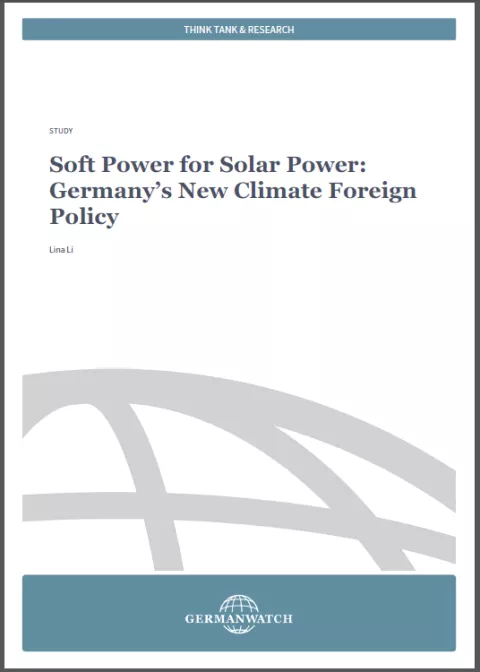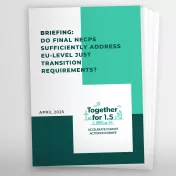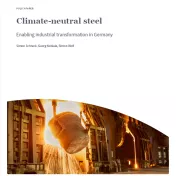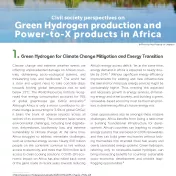
This study offers an analysis of Germany’s relatively new efforts to integrate climate change into its foreign policy agenda, with a focus on its government players at a national level. It is an initial step towards filling in gaps in understanding and deepening the discussion about Germany’s unique climate diplomacy experience.
The author concludes that in some areas, such as the G7, German climate diplomacy has been surprisingly effective, while in other areas it has made less progress, including fostering EU level climate diplomacy and engaging with foreign non-governmental players. There are also areas showing positive developments but that still require further efforts, such as diplomatic networking, the integration of climate policy into development and cooperation strategies, cross division/unit and ministry coordination and bilateral energy partnerships. Some areas also display a lack of coherence, for example the parallel existence of the old energy security diplomacy and the new climate and “Energiewende” diplomacy.
The author provides suggestions on how Germany could be more effective in its climate foreign policy and identifies strategic and emerging opportunities. She also argues that German experience is of great merit to big international players such as China who can learn from it in order to fulfil the dual demands of acting as a responsible global power, as well as providing a clean and sustainable future for its citizens.
This study is the result of the authors "Chancellor Fellowship" at Germanwatch, funded by the Alexander von Humboldt Foundation. Responsibility for the contents of this publication rests with the author.




